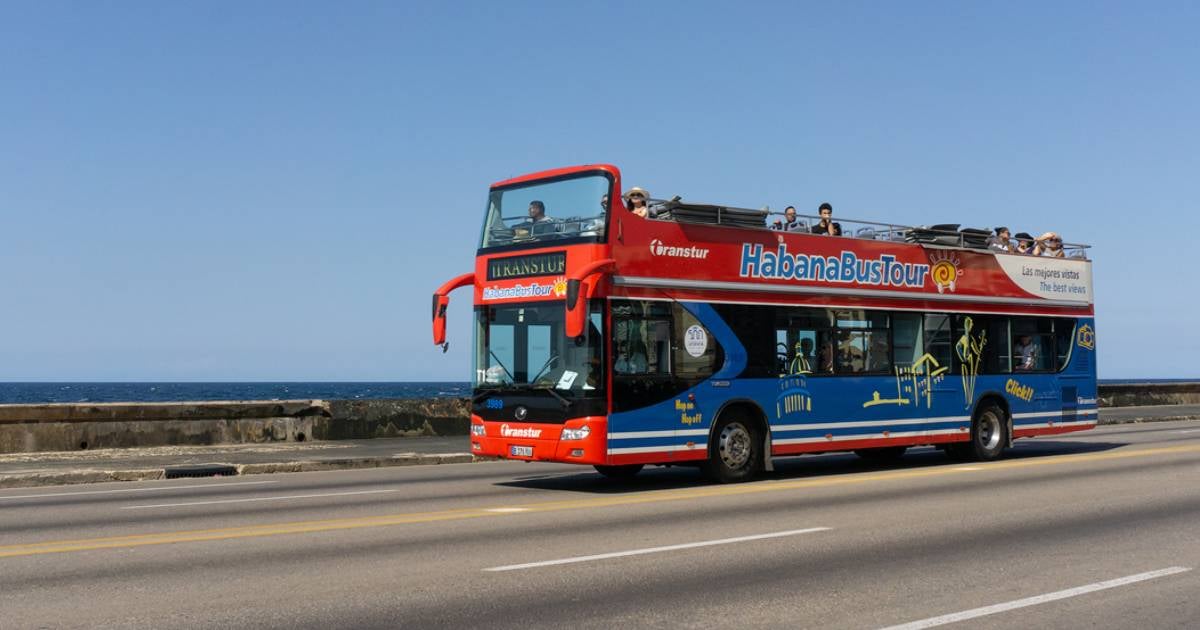A Russian employee of the oil giant Rosneft, operating in the Khanty-Mansi Autonomous Okrug, recounted his recent vacation to Cuba, a trip provided by his company. Periodically, Rosneft workers are granted an almost free visit to the island, where they only need to cover a 13% tax on the stay's value.
In an interview with Russian media outlet 86.RU, the worker, who chose to remain anonymous, shared his impressions of the "Caribbean paradise" and the daily challenges faced by the Cuban population.
The Stark Contrast Between Tourists and Cubans
The Rosneft employee likened Cuba to a "tropical Soviet Union," highlighting the presence of vintage vehicles, rationed goods, and a lifestyle defined by scarcity. He observed that while tourists indulge in lavish meals featuring seafood and cheeses, such indulgences remain out of reach for the local populace.
"Restaurants offer everything: lobsters, seafood, delicious cheeses. But these are inaccessible to Cubans. Tourist shops are well-stocked, yet local supermarkets often have bare shelves. Frequently, there is only one product available, forcing people to stand in long lines for hours to purchase necessities," he recounted.
With the average Cuban earning just a few dozen dollars a month, basic items like a pack of diapers can cost up to $45. Additionally, taking photos inside supermarkets is prohibited, illustrating the level of control over international perceptions.
An Experience of Mixed Emotions
Though he enjoyed the natural beauty and tourist activities, the Russian worker was struck by Cuba's living conditions. "It's a beautiful country to visit, but a very challenging place to live. Cubans are joyful and welcoming, but their greatest wish seems to be to leave the island," he concluded.
Yet, he was amazed by the island's biodiversity, including over 400 species of birds and local wildlife like crocodiles, as well as the stunning beaches and coral reefs. He also praised the warmth and hospitality of the Cuban people, a surprising trait given their hardships.
"The sea is incredibly clean, the corals are a sight to behold, and you can feed fish while swimming. The variety of animals and birds in national parks is impressive. However, what stood out most was the contrast between local life and the tourist experience," he noted.
His account unmistakably highlights the deep inequalities and challenges faced by Cubans in their daily lives, while visitors enjoy a completely different reality.
Island Getaway
In March, the first flight of seven planned for 2024, carrying Rosneft workers for vacations and medical check-ups, landed at the Juan Gualberto Gómez International Airport in Varadero. According to a report by the tourism site Excelencias Cuba, since this cooperative initiative started 14 years ago, "Havanatur has been responsible for meeting the oil company's expectations, focusing on enhancing life and health standards in natural settings."
Understanding Cuba's Day-to-Day Struggles
What is the average monthly income for Cubans?
The average monthly income for Cubans is just a few dozen dollars, making it difficult to afford basic necessities.
How do Cuban supermarkets differ from tourist shops?
Tourist shops are well-stocked, offering a variety of goods, while local supermarkets often have nearly empty shelves with long lines for limited products.
Why are photos prohibited in Cuban supermarkets?
Photos are prohibited in Cuban supermarkets to control international perceptions and prevent the dissemination of images that reveal the scarcity faced by locals.
